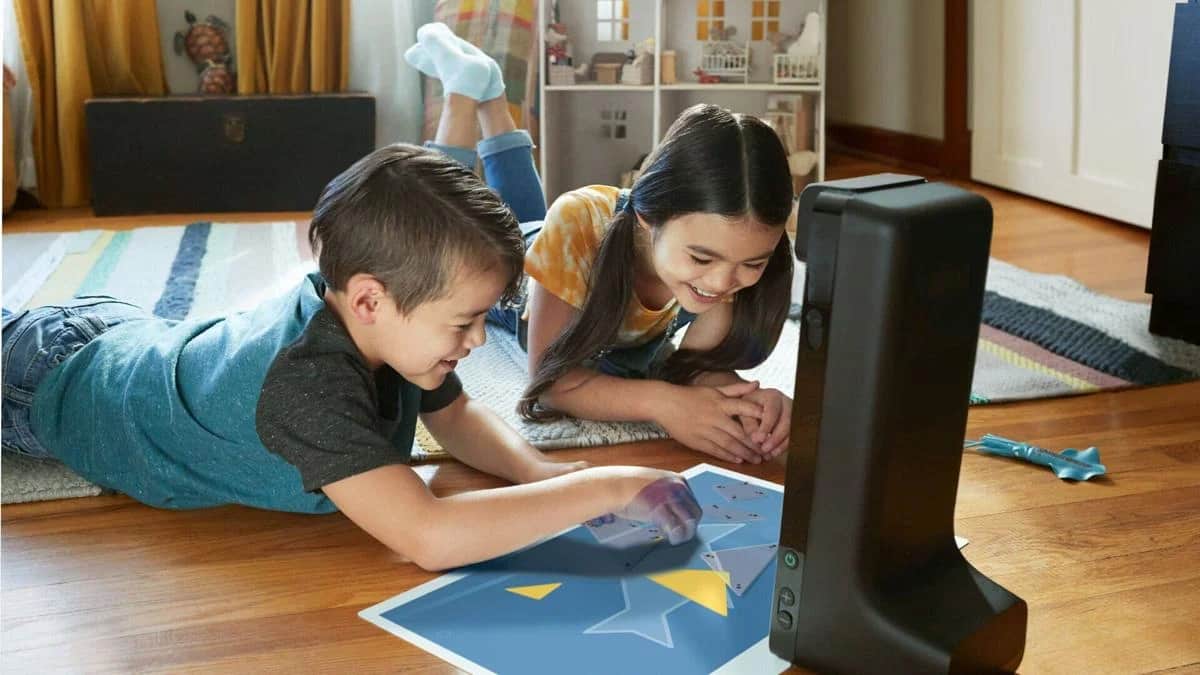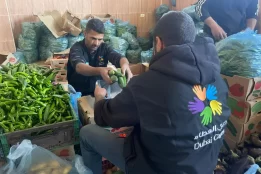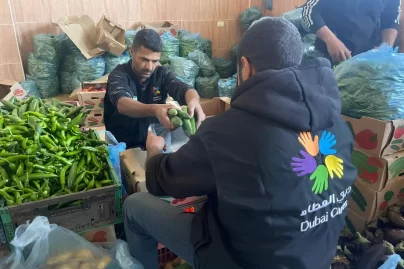These toys can help your kids hone their social skills
Tue 30 Nov 2021
Meditation toys to help kids manage their feelings. A Lego kit for coding, with a focus on problem-solving skills. And an Amazon video chat portal that uses holograms, games, and puzzles to keep little ones engaged on calls.
A recent crop of toys and products that launched during the pandemic aims to help young children reacclimate to everyday life and redevelop their social and emotional skills after spending much of the past 21 months stuck at home. Put simply, these products may be designed to cater to “parents who are worried about whether their children will be OK,” said Tovah Klein, director of the Barnard College Center for Toddler Development.
A mix of technology and traditional toy companies have launched products with tech bells and whistles that foster social-emotional skills, a term that refers to how kids interact with others and manage their feelings. These skills typically begin to develop early and are often considered the biggest predictor of a child’s success later in school and beyond, according to Klein.
In September, for example, Amazon introduced the Amazon Glow, a device that promises to bring video calls with family and friends to life for kids. Glow projects a 19-inch interactive space onto the surface in front of the screen where kids can play games, draw, and interact with storybooks and characters from franchises like “Frozen” and “Sesame Street.”
Friends or family members using the free Glow app on iOS and Android or Amazon’s FireOS can engage with the projections in real-time, allowing real-time play as if they’re in the same room. It also features an object scanning tool, so a child can turn a toy into a jigsaw puzzle. Glow costs $249 (AED914) and comes with Tangram Bits puzzle pieces and a one-year subscription to Amazon Kids+, a hub with thousands of books, shows, and educational apps for kids.
Interactive video chat portals aren’t entirely new. The Facebook Portal features animation, augmented reality effects, and music that can be used during calls or its Story Time tool, which turns users into storybook characters as they read from a digital library of children’s books. But Amazon, which has long had a collection of Alexa-controlled video gadgets, said it became increasingly interested in how technology connects families during the pandemic and wanted to improve on the experience for young people.
“Kids are excited to be on video calls with grandparents or other family members for 30 seconds and then walk away. We wanted to design something that erases the feeling of physical separation and brings families closer together by letting kids be the kids and bringing the grownups into their world, as opposed to what we’ve done in the past. We think this could positively impact life outcomes for kids,” a spokesperson said.
Susie Allison, the creator of Busy Toddler, a popular online community for parents, said a video chat with family members or friends “never counts” as screen time because it’s so vital for kids to create connections with relatives that are away from us. “When we’re looking at toys, we want something that is active [like this] so a child is engaged and using many skills — not something passive where the toy is leading them through play and doing the work for them.”
LEGO blocks have long been considered useful toys for social-emotional development, but the company recently launched a kit called LEGO Education SPIKE Essential ($275) specifically designed to better develop these skills. The kit, originally made for the classroom but available for home purchase, aims to help kids understand coding and other science, technology, engineering, arts, and mathematics (STEAM) concepts through storytelling and working together. It comes with a handful of motors and a Bluetooth-enabled hub that connects creations, such as cars or robots, to a corresponding app that brings them to life.
The kit also features four mini-figures with their own personalities and learning styles that make them approachable and relatable for young learners. When users start a lesson on the app, a character leads them through each problem and helps them find a solution. LEGO said this is designed to encourage self-awareness and the communication skills necessary for social-emotional development.
“Even before the pandemic, we thought about the skills that kids need for the future, and social and emotional learning is right at the center. It’s been part of our agenda for quite a while, but we accelerated it during the pandemic and focused on the need [for a kit like this] as students return to schools,” LEGO Education president Esben Staerk said.
Other products, such as Yoto Player, intend to help calm young minds. Yoto Player is a small music player that encourages children to take time to meditate or engage in mindfulness. By putting physical cards into the system (some sold separately), the device unlocks popular audiobooks, music, and podcasts, including a relaxing bedtime meditation developed by a yoga teacher and Montessori teacher, without the distraction of a smartphone screen.
One of the hottest kids products to gain popularity in recent months is sensory Pop It! fidgets — colorful silicone cutouts that provide the same satisfaction and stress relief as popping bubble wrap. Sales for Pop Its! are up tenfold compared to last year, industry trade group The Toy Association told The New York Times, due in part to their popularity on social media. There are unicorns, Mickey Mouse and Peppa the Pig Pop Its!, as well as keychain Pop Its! and bracelet Pop Its!.
Some toy companies have also made pandemic-themed toys to help kids better adjust to the changes brought on by Covid-19. The list includes a Fisher-Price My Home Office set with a toy laptop, headset, and coffee cup; dolls with masks; and an antivirus chemistry kit to create soap and do projects that “defeat virus, bacteria, and fungus.”
Although there’s an uptick in tech-infused social-emotional learning toys, Allison said the key is for parents to buy items that can hold their kids’ attention for a longer period of time. Open-ended toys such as action figures, blocks, and dolls, while incredibly low tech, still remain key learning tools that encourage creativity, pretend, and cooperative play.
“I am fairly confident that in a hundred years, kids will still be playing with a set of woodblocks. You might have a little robot dog in your house, but the wooden blocks will probably be there, too,” she said.
Source: Agencies

 Apr 20 2024
Apr 20 2024












